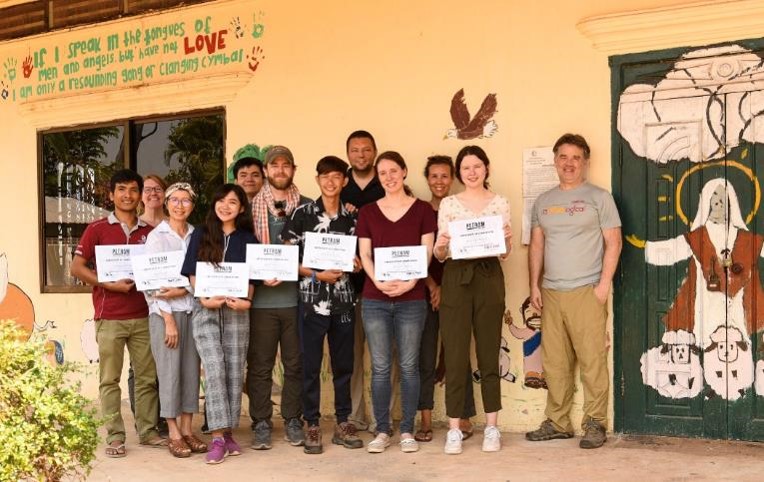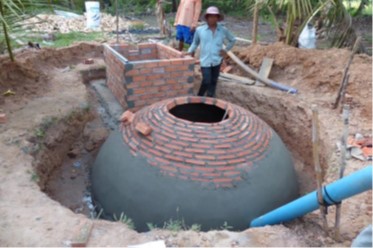Inadequate sanitation and hygiene is estimated to cause 827,000 deaths annually based on information provided by the World Health Organization. There are two billion people still without basic sanitation facilities, such as toilets or latrines.
Of these, 673 million still defecate in the open, which includes street gutters, behind bushes, or into open bodies of water and is a major factor in several neglected tropical diseases, including intestinal worms, schistosomiasis, and trachoma.
Poor sanitation also contributes to malnutrition and is linked to transmission of diseases such as cholera, diarrhea, dysentery, hepatitis A, typhoid and polio, and impairs growth and development in children. Better water, sanitation, and improved
hygiene could prevent the deaths of 1,200 children under the age of five each day.
Damaging Effects of Unsafe Drinking Water
Due to the ongoing COVID-19 pandemic, the developed world has a renewed focus on viruses. In Cambodia for instance, unsafe water contributes to many health problems, including Hepatitis A, typhoid, dengue fever, malaria, and trachoma. As an example
of the significance of these diseases, worldwide, an estimated 2.2 million people are visually impaired as a result of trachoma, of whom 1.2 million are blind.
Although not tangible like a building or a well, the mentoring of young professionals is essential to continuing the work that’s begun in providing education and essential infrastructure to communities across the globe.”
Jeff Wing
Tackling the Root: Education and Mentorship as Critical Factors
Fundraisers are common to help the developing world by raising money to construct wells or other types of infrastructure to provide safe drinking water. However, a sustainable solution must also involve wastewater treatment, sanitation, operation,
and maintenance. To help work towards accomplishing this education and mentorship, I’ve made multiple mission trips to the world’s poorest countries over the past 25 years. In February 2020, I traveled to Cambodia to meet with Engineering
Ministries International (EMI) and TransformAsia. Partnering with EMI’s Cambodia office, I conducted the first formal “2020 Civil Design Practicum” for 15 people from EMI’s Cambodia office, members of North Carolina-based
charity Samaritan’s Purse, and a few U.S. engineers that are interested in becoming EMI volunteers. After a 10-hour day of classroom training, the group visited many rural project sites and performed engineering activities that included
surveying, water testing, soil classification, percolation tests, and observed the operation and maintenance of existing projects that included biosand filters for water treatment, biodigesters for wastewater treatment, and biogas generation for
cooking.

These are the some of the practicum participants.
Cambodia offers a lens through which to examine the importance of education and mentorship. Whether it’s in Cambodia or the U.S., education and mentorship are critical for the sustainability of our society and its critical infrastructure. Developing
countries should be a reminder to those in the U.S. about the importance of water quality and sanitation. Although not tangible like a building or a well, the mentoring of young professionals is essential to continuing the work that’s begun
in providing education and essential infrastructure to communities across the globe.

This biodigester treats wastewater and generates methane for cooking and produces fertilizer.